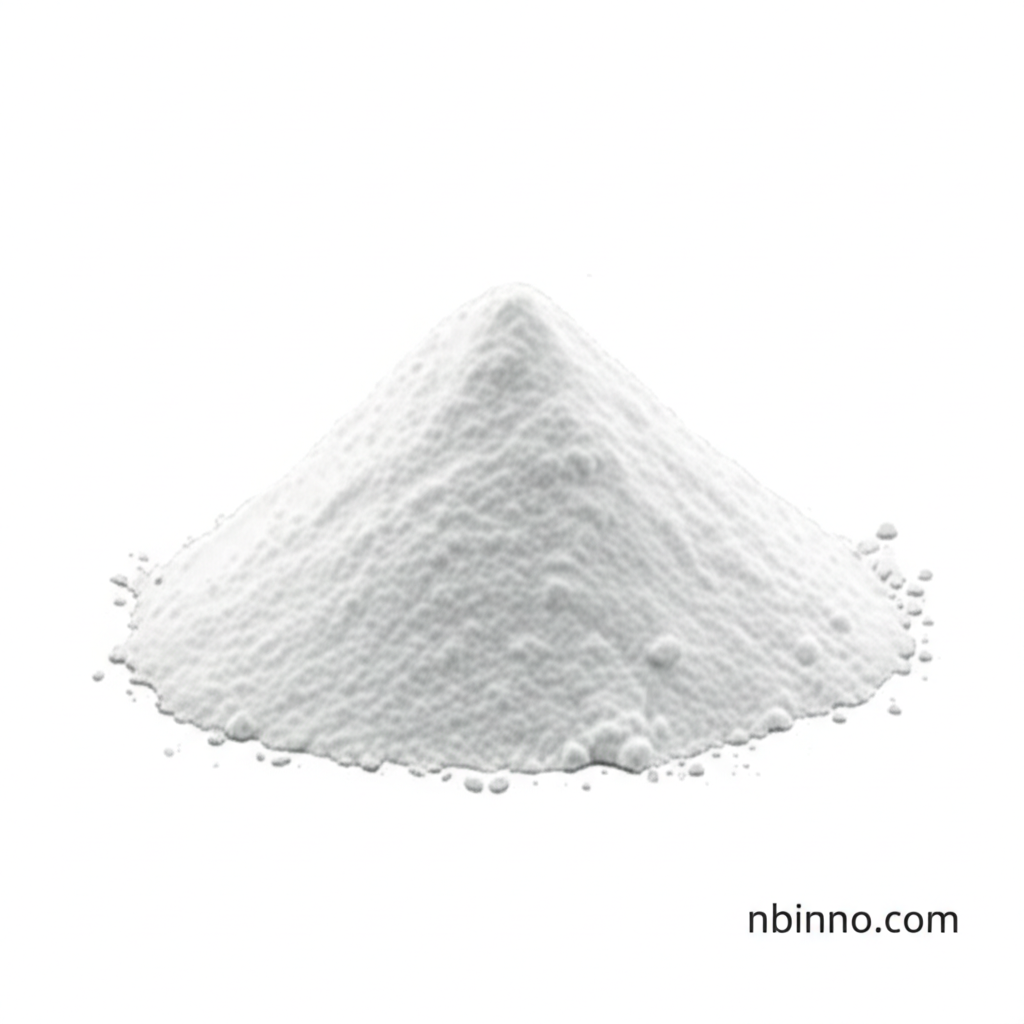Methylparaben CAS 99-76-3: Your Essential Guide to a Widely Used Preservative
Explore the multifaceted role of Methylparaben in preserving your favorite products. Discover its properties, applications, and the ongoing discourse on its safety. Your comprehensive resource for understanding this common cosmetic and food ingredient.
Get a Quote & SampleProduct Core Value

Methylparaben
As a trusted supplier in China, we offer Methylparaben (CAS 99-76-3), a vital preservative extensively used across the cosmetic, pharmaceutical, and food industries. Its primary function is to prevent the growth of bacteria, fungi, and yeast, thereby extending product shelf life and ensuring consumer safety. We are committed to providing high-quality Methylparaben that meets stringent industry standards, making us a reliable manufacturer in China for your preservation needs.
- Understanding Methylparaben preservative use is key for product formulation. Our Methylparaben ensures efficacy in various applications.
- The methylparaben in cosmetics safety discussions are ongoing; we provide transparent information. We are a leading supplier in China for this essential ingredient.
- Explore Methylparaben CAS 99-76-3 properties like its appearance as a white crystalline powder. As a manufacturer in China, we ensure consistent quality.
- Investigate paraben alternatives in skincare to understand the market landscape. We offer a range of preservatives to meet diverse formulation needs.
Advantages Provided by Methylparaben
Broad-Spectrum Antimicrobial Activity
Methylparaben exhibits effective antimicrobial properties, crucial for preventing product spoilage. Its role in maintaining product integrity is vital, making it a go-to for many manufacturers.
Cost-Effectiveness and Stability
As a cost-effective preservative, Methylparaben offers excellent stability across a wide pH range, making it a practical choice for various formulations.
Natural Occurrence and Biodegradability
While often synthetically produced, Methylparaben occurs naturally in some fruits and is readily biodegraded, aligning with a growing focus on environmental impact.
Key Applications
Cosmetics Preservation
Methylparaben is extensively used in makeup, moisturizers, and hair care products to prevent microbial contamination and ensure product safety.
Food Additive
In the food industry, Methylparaben serves as a preservative in various products, helping to extend shelf life and maintain freshness.
Pharmaceutical Formulations
Its antifungal properties make Methylparaben a valuable ingredient in certain pharmaceutical preparations, ensuring their stability and efficacy.
Antimicrobial Agent
Beyond cosmetics and food, Methylparaben acts as a general antifungal agent in various industrial applications where microbial control is essential.
